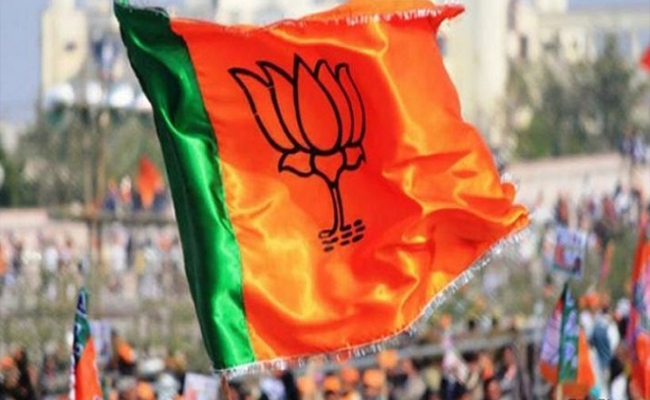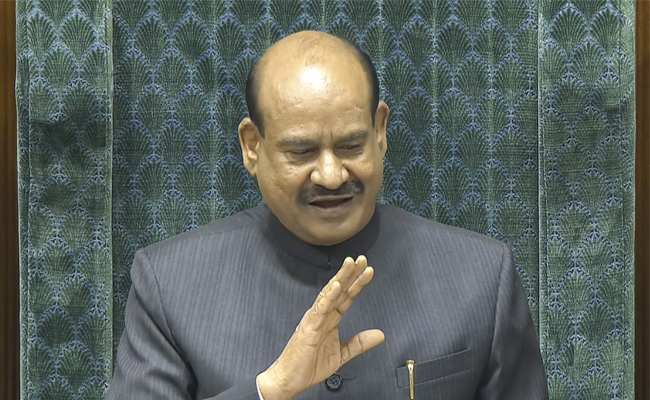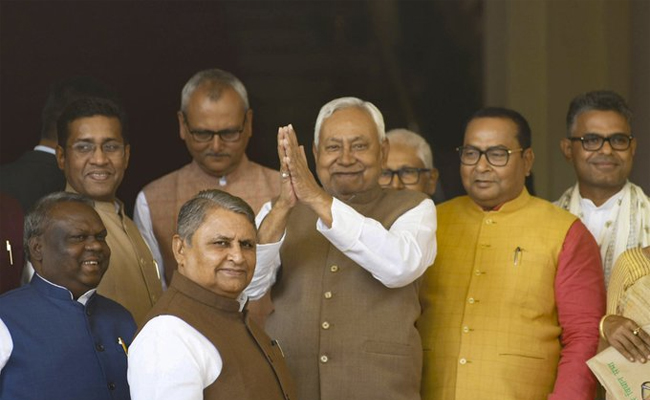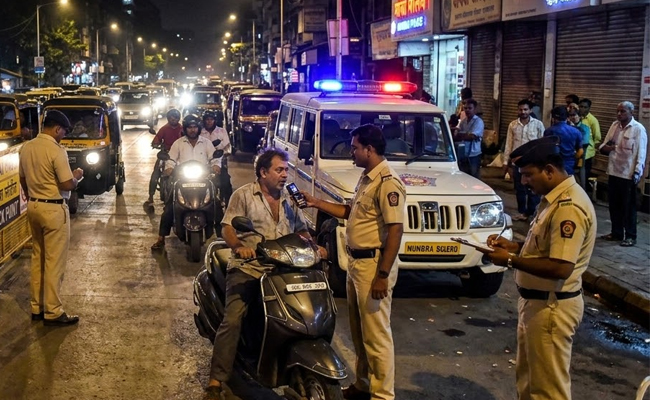San Francisco, Oct 3: WhatsApp on Wednesday started rolling out "Picture in Picture (PiP) mode" for viewing videos hosted on selected platforms, for all Android beta users running Android operating system (OS version 4.4 and above).
According to WABetaInfo, a fan website that tracks WhatsApp, the PiP feature is being introduced for all Android beta users that would allow users to play videos hosted on platforms such as YouTube, Facebook, Instagram and Streamable right within WhatsApp.
PiP is a special type of multi-window mode mostly used for video playback. It lets the user watch a video in a small window pinned to a corner of the screen while navigating between apps or browsing content on the main screen.
"Read later to discover if the feature is already enabled for you and please report us on Twitter if it correctly works.
"If you have already updated but you don't see the feature, please back up your chat history and reinstall WhatsApp if you don't want to wait more," WABetaInfo said.
Users need to update WhatsApp version to the 2.18.301 Android beta update to use the new PiP mode.
WhatsApp has already implemented the feature on its iOS app and it is expected to be introduced for all Android users soon.
The PiP feature was rolled out in January for iOS users.
The Facebook-owned company has over 200 million monthly active users in India and is one of the most popular mobile apps worldwide.
Let the Truth be known. If you read VB and like VB, please be a VB Supporter and Help us deliver the Truth to one and all.
Guwahati (PTI): Three Congress MLAs – Kamalakhya De Purakayastha, Sashikanta Das and Basanta Das – on Thursday joined the ruling BJP in Assam, along with two others, ahead of the assembly polls.
All of them were inducted into the party by state BJP president Dilip Saikia in the presence of Union minister Pabitra Margherita at a function here.
The development comes close on the heels of former Assam Congress president Bhupen Borah joining the saffron party.
ALSO READ: Curbs on movement, assembly remain in force in Kashmir after protests against Khamenei's killing
Elections to the 126-member Assam assembly are likely to be held in April.
Purakayastha represents Karimganj (North), while Sashikanta and Basanta are sitting MLAs from the Raha and Mangaldoi (SC) constituencies, respectively.
The two others who joined the BJP are former Congress joint secretary Parsha Bob Kalita and former Trinamool Congress general secretary Kangkan Nath.
The three MLAs, reported to be close to Chief Minister Himanta Biswa Sarma, had openly supported the BJP for the past few years, with Sasikanta Das announcing his support to the ruling party's policies in 2021.
The Congress had suffered a jolt, with Borah joining the BJP on February 22, while two other MLAs Abdul Rashid Mondal and Sherman Ali Ahmed switching over to the Raijor Dal last month.
Both Mondal and Ahmed are three-time legislators from Goalpara (West) and Baghbar, respectively.





